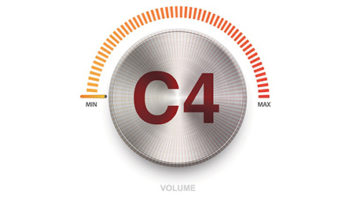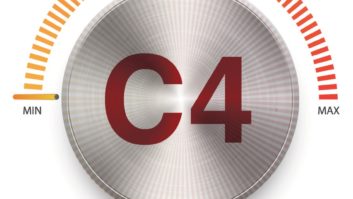 Supporters of a proposal to create a new class of FM in the United States say they will push ahead despite news reports this week that indicate FCC Chairman Ajit Pai doesn’t have the majority of support among FCC commissioners needed to launch a rulemaking process to advance the plan.
Supporters of a proposal to create a new class of FM in the United States say they will push ahead despite news reports this week that indicate FCC Chairman Ajit Pai doesn’t have the majority of support among FCC commissioners needed to launch a rulemaking process to advance the plan.
Chairman Pai, who in the past has advocated for the new class of service, made the disclosure during testimony Wednesday before the U.S. Senate Committee on Commerce, Science and Transportation, according to those familiar with the latest development.
The C4 proposal would allow Class A stations to upgrade their signal strength. Experts familiar with the proposal say existing Class A stations would double their power level from 6 kW to 12 kW if C4 is created, but the NAB and others worry that the move would create further interference challenges in the FM band.
[Read: Commentary: Buffer Compromise Would Boost FM Class C4]
The most recent development doesn’t surprise Matthew Wesolowski, CEO of SSR Communications Inc. He is licensee of WYAB(FM) in Flora, Miss., and was co-petitioner of the FM Class C4 petition for rulemaking (RM-11727) in 2014.
The FCC issued a Notice of Inquiry in 2018 (MB 18-184) to further examine the proposal, but comments collected at the time reflected trepidation by some broadcasters and industry experts over the potential for increased interference in the FM band, especially considering the proliferation of FM translators in this country. FCC Commissioner Michael O’Rielly is on the record as not supporting the C4 FM proposal.
Wesolowski says his C4 FM proposal has faced hurdles in Washington since the beginning.
“In February, 2018, when Chairman Pai announced that a FM Class C4 Notice of Proposed Rulemaking would be forthcoming, I polled the media advisors of each of the commissioners to see where they stood. At the time, there were at least three votes in the affirmative to move forward on the NPRM, including from the chairman’s office itself,” Wesolowski says. “The Chairman did have a member of his own party coming out against the idea, so it is understandable that he did not want to rush something along without general agreement from his side of the aisle.
Since then Wesolowski says he and other C4 FM advocates have presented Pai and the commissioners with several alternatives and creative workarounds in an effort to win consensus, he said. “We believe that we have several acceptable proposals before the commission right now.”
One of those creative solutions might be waiver-based applications, Wesolowski says. Since 2018 three Class A FM stations have submitted waiver-based applications that would result in the same type of power upgrade sought by supporters of the C4 proceeding. One of the applications failed to gain FCC approval while the other two are still pending, he said.
However, Al Shuldiner, chief of the FCC’s Audio Division, told Radio World earlier this year that he does not view waivers “as a workable solution for something as significant as a new class of service.” He said at the time the FCC would continue to study the issue.
Wesolowski says the interference concerns voiced by the NAB and some of the major broadcast groups, specifically in regards to FM translators, are unfounded.
“Several large groups, relying on intuition instead of hard data, have posited that the FM Class C4 proposal would cause devastating effects to secondary services. The studies do not support that conclusion,” he said. “The FCC’s recent FM translator interference mitigation efforts and reporting standards have further diminished any potential for problems.”
In light of the current COVID-19 pandemic, Wesolowski says many Class A broadcasters, hampered by their weak signals, are struggling in the current economic climate. “There are many small broadcasters who are barely hanging on these days and need the commission to approve the FM Class C4 proposal.”







